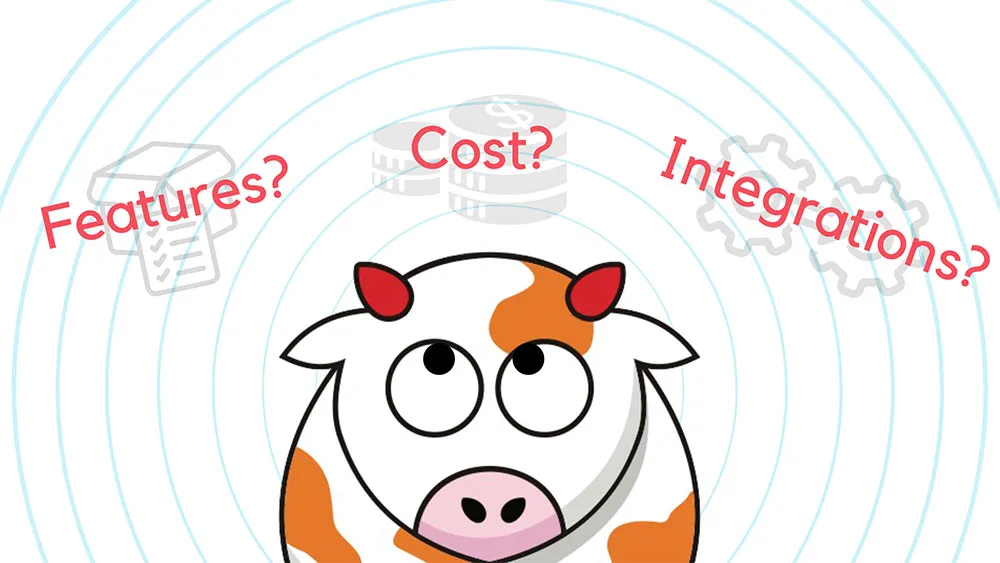How to Choose a CRM
By Bruce Klaic Tuesday, September 6, 2022

If you're like most business owners, you probably wear a lot of hats. You're responsible for marketing your company, generating leads, closing sales, and providing customer service. And if that's not enough, you also must keep track of your finances and manage your team. This is where a CRM can really help alleviate your workload by consolidating your teams and customers into one central location. But with so many suitable options on the market how do you choose the right CRM for you?
What is a CRM?
A CRM, or Customer Relationship Management system, is software that helps businesses manage and track customer data.
If you:
- Struggle to keep track of your interactions with customers,
- Have customer data scattered across different platforms
- Are unable to properly track your sales
- Want to improve internal communications between Teams
Then a CRM can help.
What to think about when choosing a CRM
When choosing a CRM, there are a few key factors to keep in mind. The first is the size of your business. If you are a small business, you may not need all of the bells and whistles that come with a more complex CRM system. Instead, you may want a system that is easy to use and that can help you manage your sales pipeline and customer data. For businesses like these the free tier in HubSpot can be great for those that are just starting out and want to get a feel for how a CRM system can help them manage their sales pipeline and customer data. The paid tiers offer more features and are suitable for businesses that have more complex needs.
This is where the next factor comes in: Your budget. A CRM system can be expensive, so make sure you choose one that fits within your budget. Also, be sure to factor in the cost and time of training and implementation and then there is also integration.
When choosing a CRM, it is important to understand if it will integrate with your existing systems. so do your research!
Many CRMs have built-in integrations with popular email marketing platforms, social media platforms, and accounting software. If your CRM does not have the integration that you need then you may need to reach out to developers that can help you.
Often, the cost of integration can be expensive, so make sure you factor that into your decision and do your research before diving in with any CRM. It may be possible to ask a CRM provider if they have any case studies or references from businesses that have successfully integrated their system with existing ones that you use. This will give you a good idea of what to expect and how difficult the integration process will be.
However, some CRMs like HubSpot may also make some of your external software redundant as it can replace your email marketing or analytics platforms to name a few.
Features or Adoption, what's more important?
A CRM is only as effective as the people using it. You can be paying for all the features in the world, but it will have no impact if no one uses it. Onboarding and training your staff on how to use a CRM is a crucial thing that businesses can overlook. For your CRM to work as advertised Your team needs to be familiar with its features and how to use it to its full potential.
By having an onboarding specialist during this time, you can be sure to avoid any obstacles for adoption and hold your team accountable to make sure that your time and money has been well spent.
If you are wondering what the best CRM is, well it depends on your needs, and you absolutely need to be clear in communicating that to any CRM provider you may choose to contact.
As HubSpot onboarding specialists One Orange Cow have helped many businesses across different industries utilise the full potential of the HubSpot CRM. For more information on what HubSpot can do for your business reach out to us for a demo.